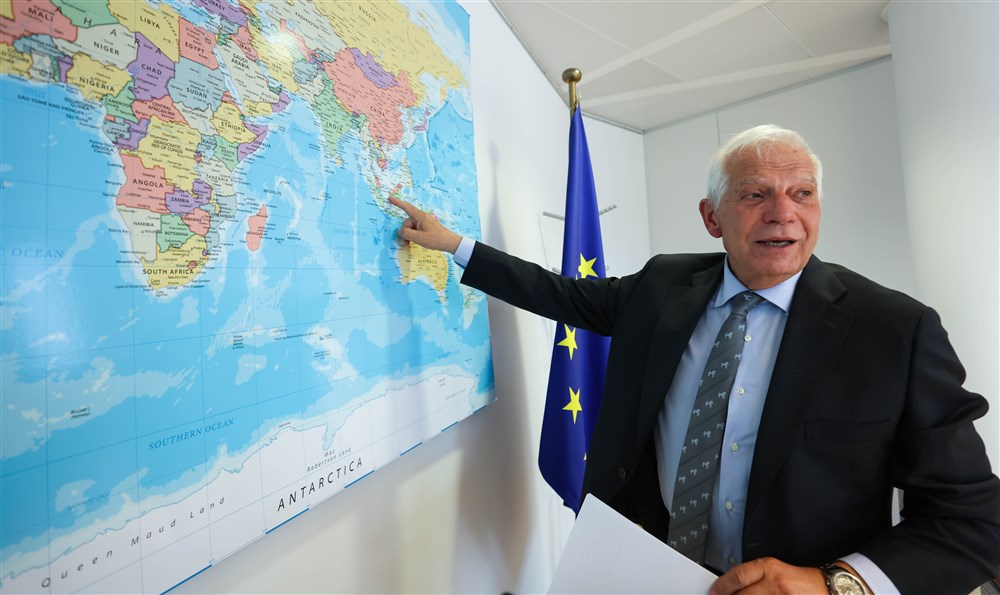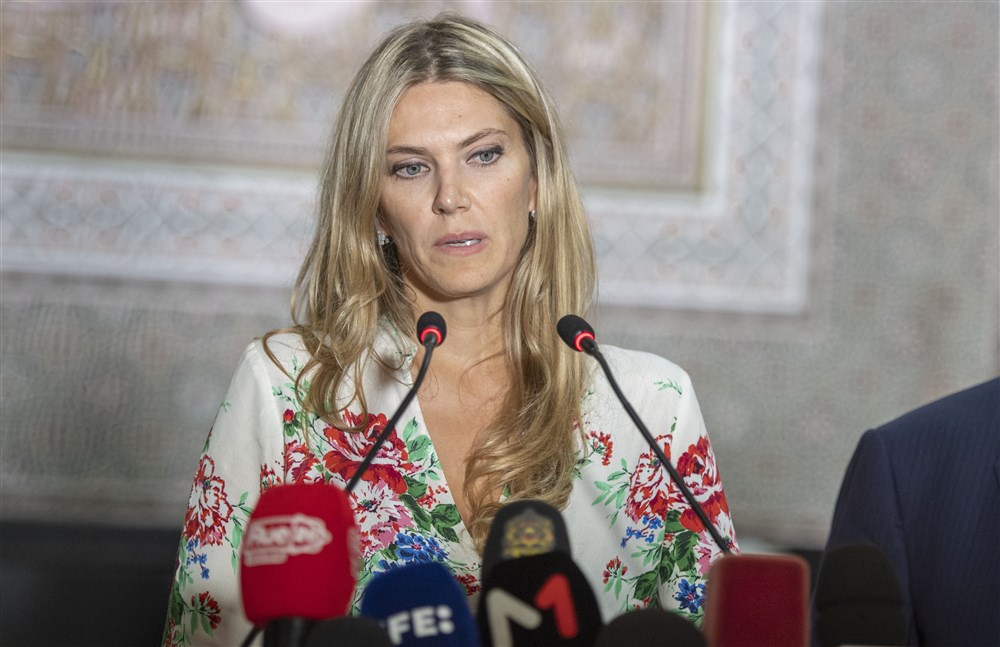European countries are hastily organizing the evacuation of their nationals from Sudan, where heavy fighting seems to be intensifying.
European armies evacuated hundreds of people during the night of April 23. Amongst those was Wim Fransen, the head of the European Commission’s humanitarian mission in Sudan, who was shot in Khartoum days earlier. Around the same time, the US and the UK airlifted their diplomats from the capital.
Sunday night, the French army carried out two flights with 388 evacuees on board. Amongst those there were French citizens, but also other nationalities.
The Dutch army also conducted an evacuation using a C-130 Herucles transport aircraft, but did not communicate how numbers or nationalities. Around 150 Dutch citizens had signalled that they wanted to leave Sudan. One of those evacuated by the Dutch army is Belgian Wim Fransen, the head of the Commission’s ECHO service, who was shot at the outbreak of the violence.
The Brussels Signal spoke with the press officer of Belgium’s foreign affairs ministry. Belgium has no embassy in Sudan. Over the weekend eight Belgians were evacuated. “A lot of work falls on the honorary consul in Cairo and the country is very dependent on other countries, mainly Western partners, to evacuate its citizens. For that reason the Belgian minister of foreign affairs expressed deep gratitude to France and Holland.” Not much information could be shared about Fransen, since his health is a private matter, sources said.
Of the 30 people connected to Belgium who are eligible for an evacuation, some have said they want to remain in Sudan. EU citizens were said to be “in the crosshairs of rivalling factions”. Infrastructure is reportedly deteriorating: water, food and communication are “faltering”. Internet coverage is said to be just 2 per cent of the country.
The German army has also evacuated a group of people out of Khartoum via a military transport plane. Sweden is planning to deploy 400 soldiers to evacuate its citizens. The Spanish army evacuated 140 people: Spaniards and others.
The UK forces reported having completed an evacuation of diplomats and their families.
The ambassador of the EU, Aidan O’Harra, who was assaulted last week, chose to remain.
The death toll is said to have surpassed 420 people, including 264 civilians, and thousands have been wounded. Analysts estimate that the real numbers might be much higher. Tens of thousands of Sudanese are on the run. Most of the city’s hospitals have closed.
The escalating violence is occurring despite a truce for the Muslim holiday of Eid al-Fitr, celebrating the end of Ramadan. Residents of Khartoum were supposed to be allowed to visit their families during this holy period, but the ceasefire did not hold. Reports of looting are common.
The basis of the conflict lies in a dispute about how to integrate the Rapid Support Forces (RSF), a paramilitary force led by Mohamed “Hemedti” Hamdan Dagalo, into regular army ranks and how to transition the country back to civilian rule after the 2019 removal of Omar al-Bashir.
#Soudan | Les opérations d'évacuation se poursuivent. Avec la 2e et 3e rotation de cette nuit, 388 personnes ont été évacuées, ressortissants français mais également de nombreuses autres nationalités : ????????????????????????????????????????????????????????
— France Diplomatie???? (@francediplo) April 24, 2023





